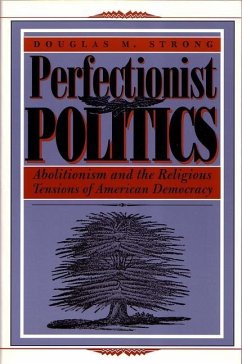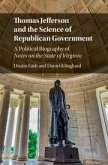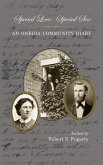Perfectionist Politics is the story of an important, but overlooked, antebellum reform movement: ecclesiastical abolitionism. Douglas M. Strong examines those radical evangelical Protestants who seceded from proslavery denominations and reorganized themselves into independent antislavery congregations. Mirroring political abolitionist activity -- particularly in the "burned-over district" of New York State -- the ecclesiastical abolitionists formed a network of abolition churches and became the primary focus of Liberty Party electioneering strategy. Ecclesiastical abolitionists justified this clear connection between church and state through the ethical experience of evangelical perfectionism. A vote for the Liberty Party became a mark of one's holiness. Perfectionist concepts also provided ecclesiastical abolitionists with a theological compass that enabled them to steer a middle course between two poles of U.S. democratic society -- the need for institutional structure on one hand and the desire for greater individual liberty on the other. Strong contends that Liberty Party politics can be understood only as part of a broader perfectionist religious culture and specifically as an antebellum reflection of the popularized theological principle of "entire sanctification".
Bitte wählen Sie Ihr Anliegen aus.
Rechnungen
Retourenschein anfordern
Bestellstatus
Storno








